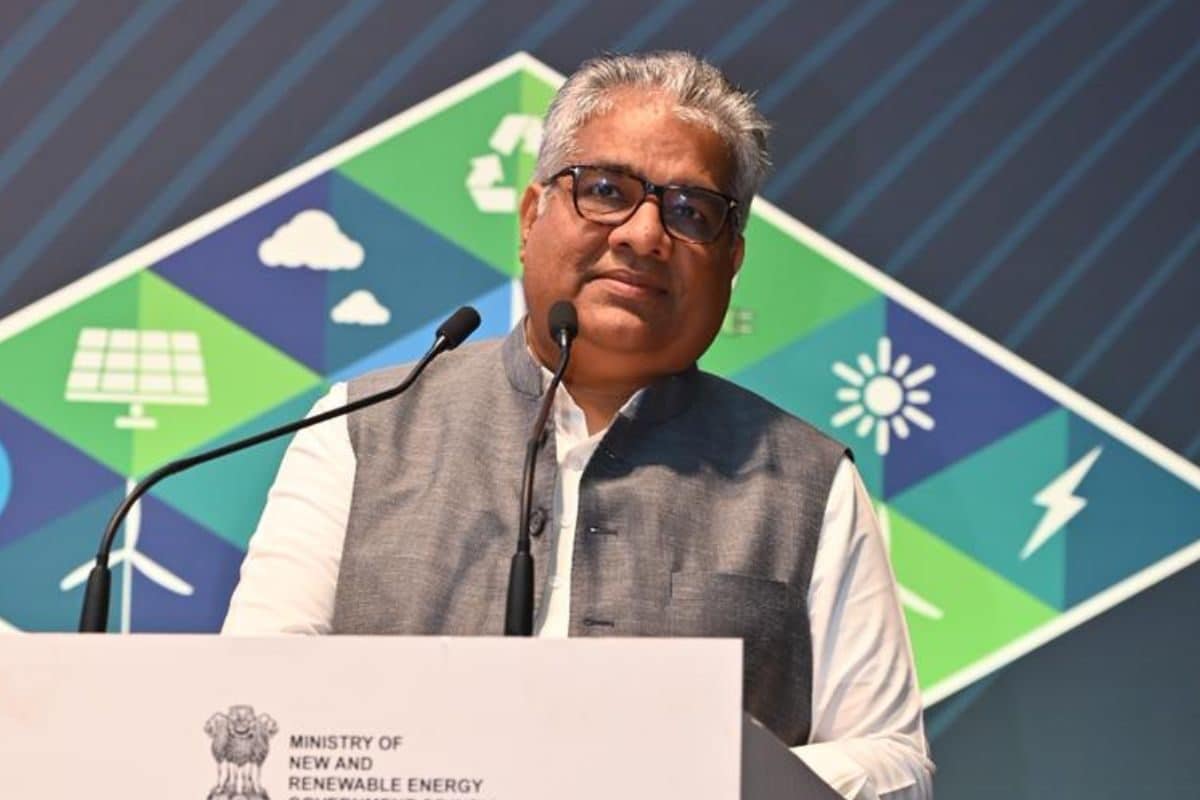Bhupender Yadav said India should not be merely viewed as the fourth-largest emitter of greenhouse emissions. Instead, it should be noted that its per capita emissions are far less than the developed countries
Countries must come together to set the new climate finance goal at the upcoming United Nations Climate Summit (COP29) in Baku this November, said Union Environment Minister Bhupender Yadav on Wednesday. The minister said India will continue to be the voice of the Global South at the global forum.
Countries across the world will attend this year’s biggest annual climate conference which will be held in Baku, Azerbaijan, this November. Finance talks are central to the success of the conference where negotiators will try to finalise the total amount, structure for the New Collective Quantified Goal (NCQG) on climate finance and who all will contribute to it and to what extent. NCQG is a new financial target under the Paris Agreement to help developing countries do climate action after 2025.
The Environment Minister said India has always maintained that an exact definition of ‘climate finance’ should be decided at the global level and it should be clear what all comes under in order to improve capacity-building in all developing countries.
“The assessment of financial requirements is important. Countries had completed the first-ever Global Stocktake at the last COP in Dubai, and this time, at Baku, the New Collective Quantified Goal on Climate Finance (NCQG) will be the focus for the first time. The $100-billion promised earlier has become outdated, and several technological advancements have come up since then,” said the Minister at the 4th Global RE-Invest Summit in Gandhinagar, where he addressed a plenary session on India’s Pathway to Net-Zero Emissions by 2070.
‘NEEDS OF DEVELOPING COUNTRIES’
Yadav also highlighted that India should not just be seen as the fourth largest emitter of greenhouse gas emissions in the world. Rather the focus should be on per capita emissions. “India has 17% of the world’s population, but its share of global carbon emissions is less than 5%. In fact, the per capita emissions of the combined 17% of the population of developed countries accounts for 60% of the global emissions,” he said.
He also pointed out that global climate action cannot be achieved until inequalities persist between developed and developing countries in terms of the available technology and finance. “The world has to see that developing countries like India have significant needs for its development. Yet, we have progressed our climate action, keeping our national circumstances into consideration. Our 2070 vision also includes mention of ‘Rational utilization of fossil fuel resources with due regards.’ We cannot undermine its importance,” he said.
Yadav said India has always emphasised the principles of CBDR- Common but Differentiated Responsibilities (CBDR) – a part of the 2015 Paris Agreement, and the climate talks should be held on that basis, so all nations can move together in the same direction. The CBDR principle is rooted in climate justice, and underlines that countries have “common, but differentiated responsibilities” to address climate change in view of their different contributions to global environmental degradation.

